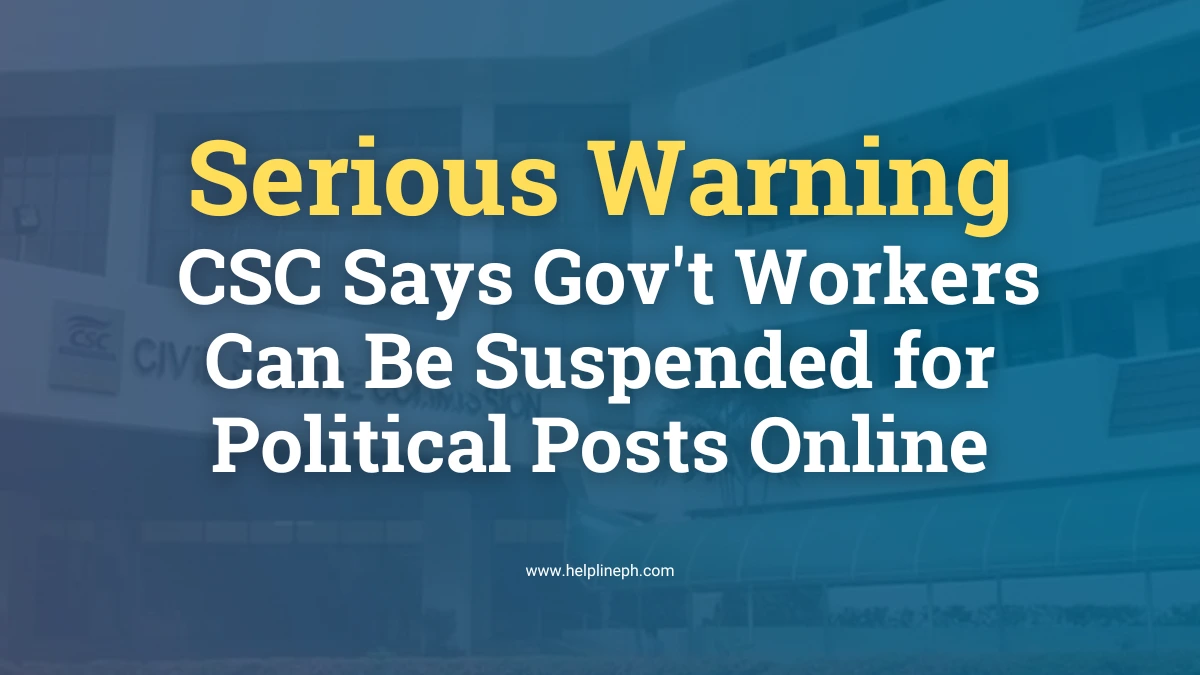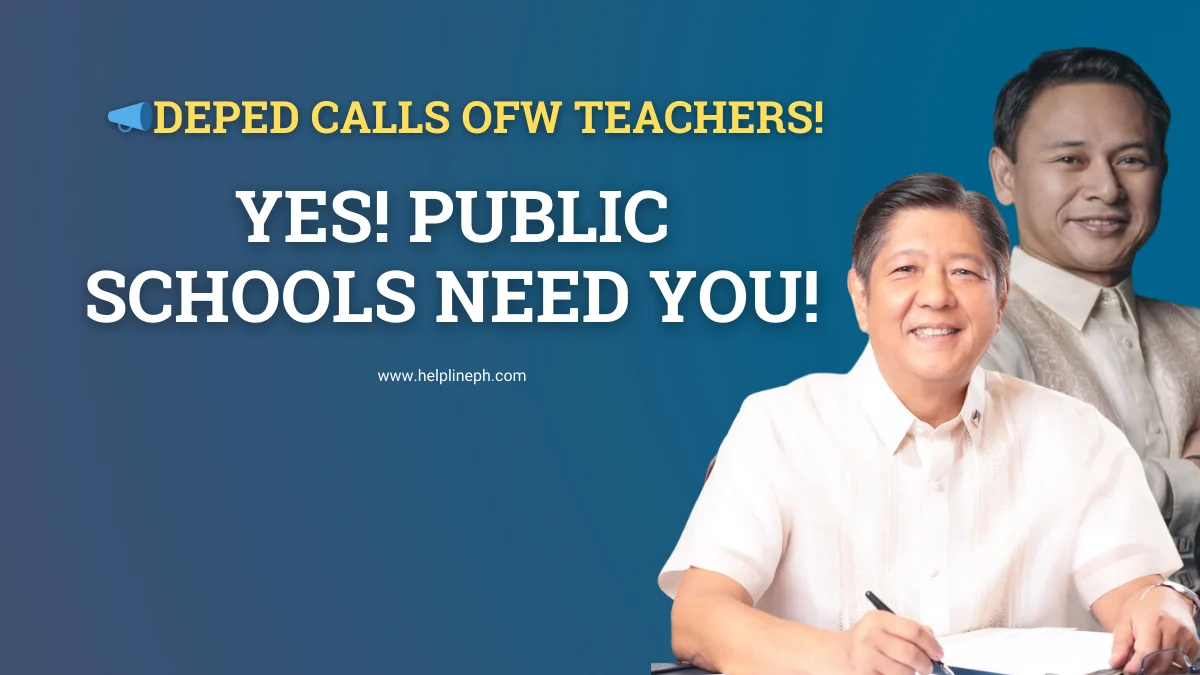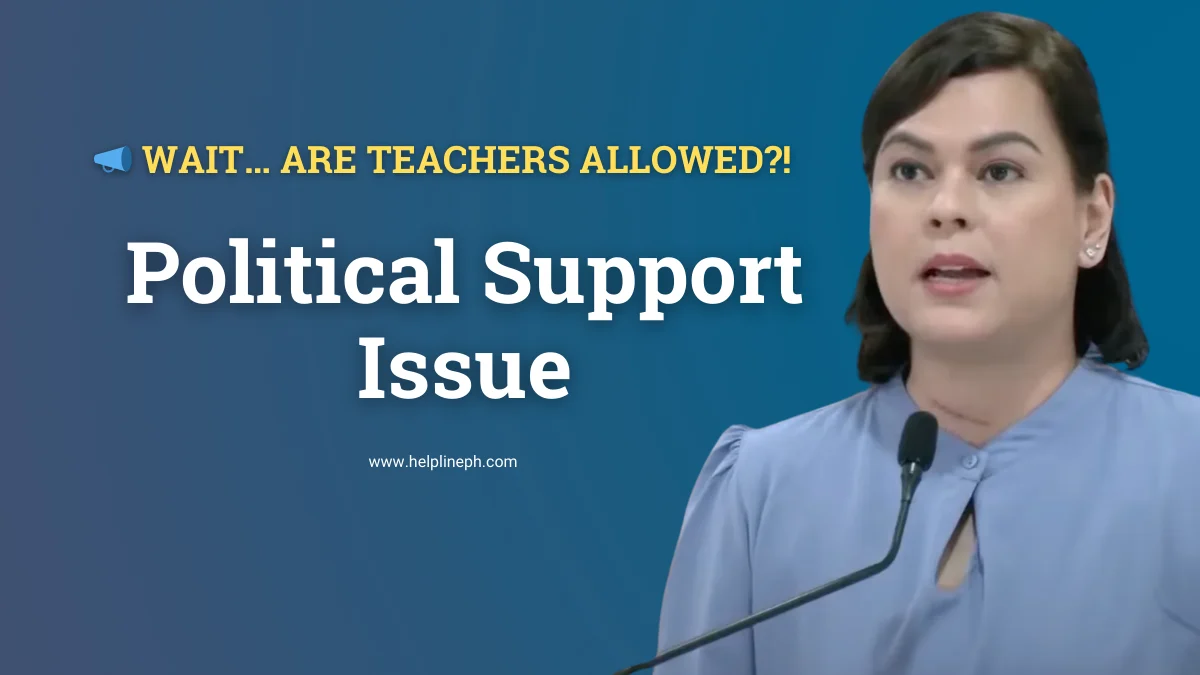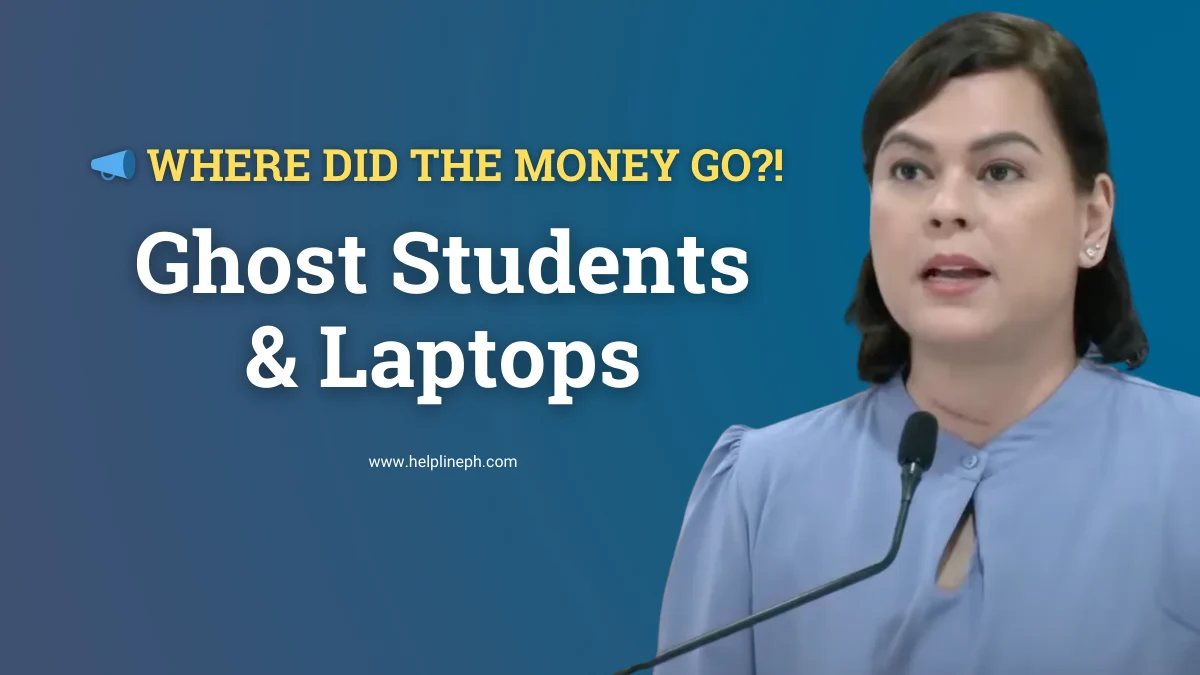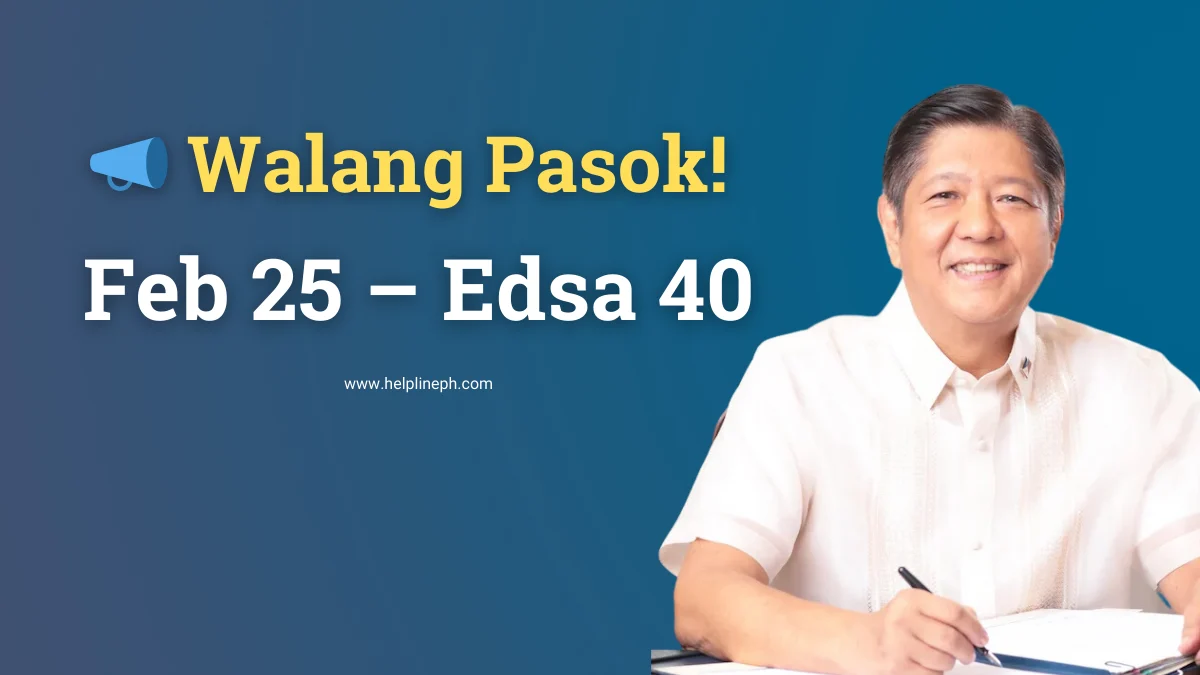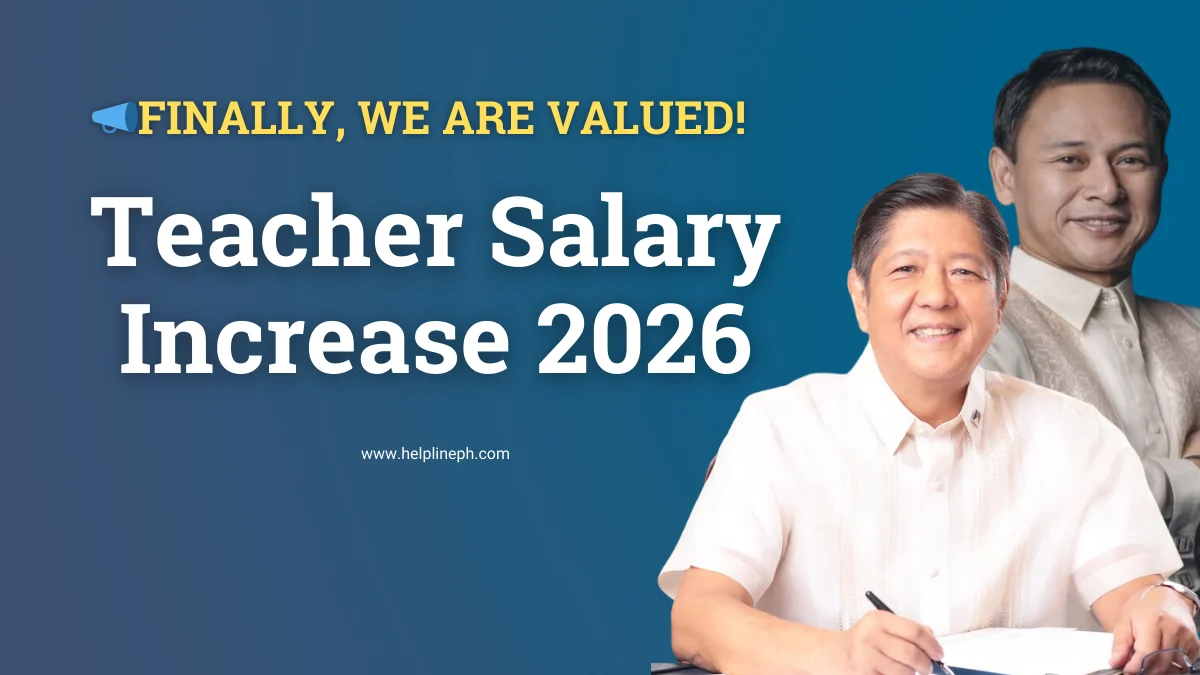What the CSC Political Posts Rule Really Means
The Civil Service Commission (CSC) has made something very clear: Government workers must stay neutral during the 2025 campaign period—even on social media. A new rule says that just liking or sharing a political post online can be enough to get a government employee in trouble.
This isn’t just about posting big opinions or going on political rants. Even a small click on the “like” button could be considered partisan political activity.
And yes, you can be suspended. Even dismissed from your job if it’s your second offense.
Sounds serious, right? That’s because it is.
Let’s break down what the CSC is really saying, who it affects, and what could happen if these rules are broken.
What’s in the New CSC Rule?
The rule is written in Memorandum Circular No. 3-2025, which acts as a reminder for all government workers. It says:
“Liking, commenting, sharing, re-posting, or following a candidate’s or party’s account is considered political activity if it tries to support or go against a candidate.”
It’s not just about what you do during work hours or at the office. Even if you’re at home, on your personal phone, you can still break this rule if it happens during the official campaign period.
The campaign period for the May 12, 2025 midterm elections is covered by this rule.
Why Is This Rule in Place?
The main reason comes from the 1987 Philippine Constitution. It says that civil servants must not take sides in elections. That includes not supporting or attacking candidates—online or offline.
This rule is also supported by several other laws:
- The Administrative Code of 1987
- The Omnibus Election Code
- The Local Government Code
These laws want government workers to stay neutral and fair, so they don’t influence voters using their position or authority.
Who Has to Follow This Rule?
This rule is very wide. It covers almost everyone working for the government. Here’s a list of who must follow it:
1. All Government Workers
This includes everyone in national and local agencies, whether they have:
- Permanent jobs
- Temporary contracts
- Job orders
- Casual or project-based work
2. Government-Owned or Controlled Corporations (GOCCs)
Even workers in GOCCs with original charters, like SSS or PhilHealth, must follow this.
3. State Universities and Colleges
Yes, even teachers and staff in public universities are covered by this rule.
4. Barangay Officials
While elected, barangay officials must also follow the CSC guidelines and avoid political actions during the campaign period.
5. Military and Police
Uniformed and active members of the Armed Forces of the Philippines (AFP) and Philippine National Police (PNP) are also included.
6. Acting or OIC Political Appointees
Even if someone is only holding a position temporarily, they are still not allowed to engage in partisan political activities.
What Counts as Partisan Political Activity?
You may think “I’m not campaigning, just liking a post.” But according to the CSC, that still counts as political action if it shows support for or against a candidate.
Here are specific online actions that can get you in trouble:
- Liking a post from a candidate
- Commenting to support or criticize a political party
- Sharing a campaign video or meme
- Reposting a party’s platform or achievements
- Following an official campaign page or account
Even just following a candidate’s account during the campaign period can be seen as political action if the intent is to promote or attack a candidate.
Penalties: What Happens If You Break the Rule?
This is not just a warning. The penalties are real and serious.
Here’s what could happen if you break the CSC political posts rule:
First Offense:
- Suspension from work for 1 to 6 months
Second Offense:
- Dismissal from the service
Yes, that means you can lose your job—even over a few social media clicks.
Is It Still OK to Post Personal Opinions?
Here’s where things can get tricky. You are still a citizen, and you have the right to vote and to have your own opinion. But if you are working in the government, you must not use your position to influence others.
That includes:
- Not making posts that support or attack a political figure
- Not commenting in favor of a party during the campaign period
- Not sharing videos, articles, or photos meant to support a candidate
The key factor is intention. If your action is meant to help a candidate win (or lose), then it counts as partisan political activity—even if it’s online.
What Government Employees Should Do Now
With the 2025 midterm elections coming soon, government employees need to be extra careful on social media.
Here are a few things you can do to avoid penalties:
✅ Don’t like or share political posts
✅ Avoid commenting on campaign content
✅ Don’t repost or follow candidates’ pages
✅ Stay neutral online and offline
✅ Focus on your official duties
And if you’re unsure whether a post is considered “political,” it’s better to stay safe and avoid it altogether.
A Quick Personal Take
As someone who once worked in a local government unit, I get it—sometimes it feels harmless to “like” a candidate’s funny meme or post something political that your family agrees with. But in the eyes of the CSC, harmless can still be wrong.
A friend of mine actually got a written warning back in 2019 for sharing a campaign rally video—even though he wasn’t in it and didn’t write any comments. He thought it was okay because it was on his personal Facebook. But that didn’t matter.
So if you’re working in government, treat your social media like it’s public, because legally, it is.
Frequently Asked Questions (FAQs)
Can I like or follow a candidate’s page on my personal social media account?
If you’re a government worker, the CSC says no, especially if your action shows support during the campaign period.
Does this rule apply outside of work hours?
Yes. The rule applies even outside office hours and outside the office premises.
What if I’m just resharing a news article about a candidate?
If your intent is neutral (just sharing news), it may be okay. But if it shows support or criticism, it could count as political activity.
Does the rule apply to private messages or group chats?
The rule focuses on public behavior, but if your messages encourage others to support or reject a candidate, it could still be risky.
Can I vote and keep my opinion to myself?
Yes. Voting is your right. But sharing your opinion online in ways that promote or attack candidates is not allowed under CSC rules.
Final Thoughts
The CSC political posts rule might sound strict, but it’s there to keep elections fair and unbiased. Government workers hold power and public trust—and with that comes responsibility.
So if you’re in government service, the best thing you can do is stay neutral, both in real life and online. Even one click can lead to a serious penalty.
Let’s keep the 2025 elections clean, fair, and respectful—for everyone.
